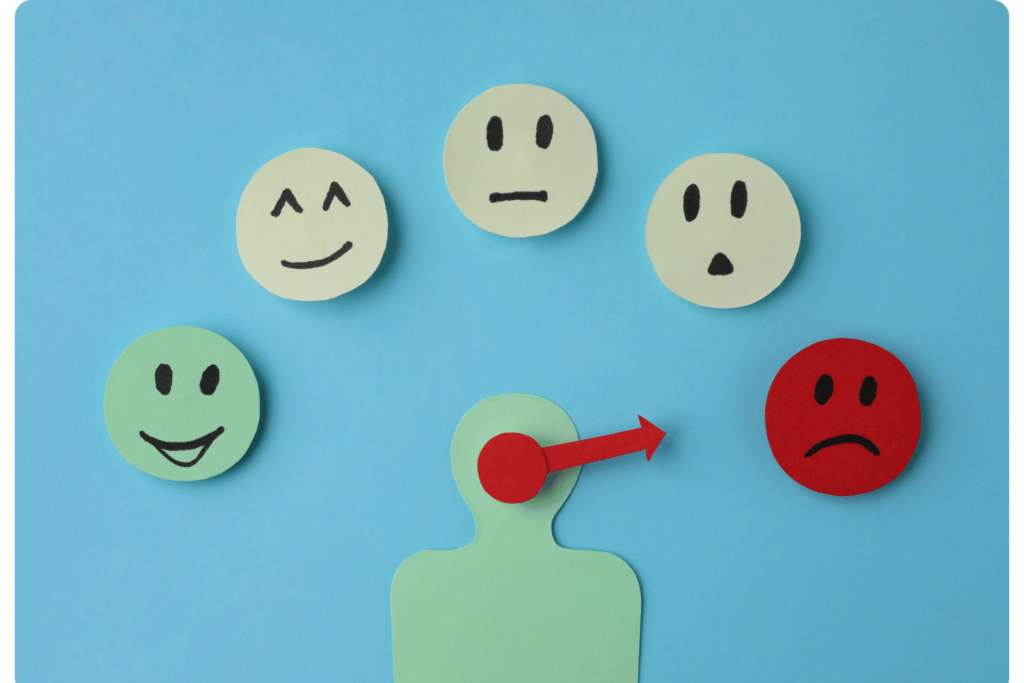WHAT IS LITHIUM?
A type of mineral called lithium is found naturally in rocks in trace amounts as well as in dietary sources like grains and vegetables. It is ingested as supplements in tiny dosages. Lithium, which derives its name from the Greek word for stone, “lithos,” is a mineral that is believed to have an impact on mental health by boosting the activity of chemical messengers in the brain. It might also play a part in the growth of blood cells and other biological processes. Although people take supplements containing lithium for a variety of ailments, including depression, Alzheimer’s disease, and alcohol use disorder, there is currently inadequate scientific evidence to support these claims.

WHAT ARE THE HEALTH BENEFITS OF LITHIUM?
A naturally occurring metal called lithium has gained popularity mostly for its usage as a medicine to treat mental illnesses like bipolar disorder. Beyond its medicinal uses, lithium has a number of advantages for mental health and wellbeing, which are backed by a confluence of clinical research and empirical data. Here are some of its key benefits:
- Stabilising Mood Disorders: The most well-known benefit of Lithium is its potent stabilisation of mood disorders, especially bipolar disorder. Its effectiveness in lowering the frequency and intensity of manic and depressive episodes has regularly been shown in clinical investigations. Lithium is hypothesised to affect the brain’s neurotransmitter activity, notably that of serotonin and norepinephrine, to stabilise mood. Lithium helps people with bipolar disorder maintain more steady, balanced moods while lowering the extremes of mania and depression by regulating these neurotransmitters. Lithium continues to be an essential component of treatment for bipolar illness, according to research reported in the Journal of Clinical Psychiatry. In addition to aiding in the management of acute episodes, it also serves as a long-term preventative, lowering the likelihood of relapse and hospitalisation.
- Cognitive Function: The potential neuroprotective effects of lithium and its advantages for cognitive function have also attracted interest. Lithium, according to research in this field, may encourage neuron growth and survival, improving brain plasticity and resilience. The advantages of lithium for the brain in diverse situations have been studied in studies that were published in the journal Biological Psychiatry. These results raise the intriguing idea that lithium may contribute to maintaining cognitive function and maybe postponing the onset of age-related cognitive decline, even if further research is required to fully understand its mechanisms and therapeutic applications. For ailments like Alzheimer’s disease and other neurological disorders, this has important ramifications.
- Bipolar Disorder Maintainence: Lithium also serves as a long-term preventative for bipolar disorder, which is a very important advantage. Clinical studies consistently show that it is beneficial at managing both acute episodes and preventing relapses. Lithium is frequently regarded as a cornerstone treatment for bipolar illness because of its exceptional capacity to support patients in sustaining mood stability over extended periods of time. The Journal of Clinical Psychiatry has published studies that highlight the value of lithium in lowering the likelihood of hospitalisation and relapse in people with bipolar disorder. This benefit offers crucial assistance to those managing this difficult and complex mental health illness, enabling them to live more secure and satisfying lives.

In total, the advantages of lithium go much beyond its recognised function in stabilising mental disorders. When administered under the supervision of medical specialists, this adaptable substance has shown its ability to prevent suicide, improve cognitive function, and provide people with mood disorders and neurodegenerative diseases greater hope. Lithium’s therapeutic window is constrained, and its effects can differ from person to person. For this reason, it must be used cautiously.
HOW MUCH LITHIUM SHOULD YOU TAKE A DAY?
The optimal dosage of lithium for a person is a complex topic that should be carefully analysed and monitored by a skilled healthcare expert. Lithium is a potent drug primarily used to treat bipolar disorder and other mood disorders. Age, body weight, general health, the specific mental health illness being treated, and other variables can all affect how much lithium is helpful and safe for a given person.
According to research, maintaining blood levels of lithium within a therapeutic range, which is normally between 0.6 and 1.2 milliequivalents per litre (mEq/L), is the norm for lithium medication. However, because to lithium’s limited therapeutic window, reaching and maintaining these levels might be difficult. Ineffectiveness may result from concentrations below the therapeutic range, while toxicity and potentially harmful side effects may result from concentrations above it.
Furthermore, the right lithium dosage depends greatly on the individual. Healthcare professionals frequently start with a lower dose and closely monitor patients, changing the amount as necessary based on therapeutic response and the management of adverse effects. Lithium levels in the blood must be regularly checked to make sure they stay within the therapeutic range.
It’s crucial to stress that self-administration of lithium, including through dietary supplements or over-the-counter items, can be risky and therefore to be avoided. For those considering lithium medication, speaking with a healthcare professional is crucial since they can offer individualised advice on the right dosage and continuous care to guarantee its safe and efficient usage.
WHAT LITHIUM WORK IN THE HUMAN BODY?
When consumed, lithium works within the body through affecting the activity of chemical messengers in the brain, notably neurotransmitters. It is thought to support mood stabilisation and perhaps ease the symptoms of some mental diseases, including bipolar disorder.
Although the precise mechanism of action of lithium is not fully understood, it is believed to have an effect on the concentrations of neurotransmitters like serotonin and norepinephrine, which are essential for controlling mood and emotions. Lithium may assist in controlling mood swings and easing the severity of mood disorders by regulating these neurotransmitter levels.

Lithium may also play a part in the growth of blood cells. It is crucial for hematopoiesis, the body’s process of producing blood cells. Lithium is thought to be essential for the healthy growth of some blood cells, even if the precise role it plays in this process is not as well understood as its effects on the brain. However, research into the precise methods by which lithium affects the development of blood cells is currently ongoing. Lithium may affect a number of cellular and biochemical procedures in the body in addition to its possible effects on neurotransmitters and mood control. Lithium may affect the release of specific hormones and enzymes involved in a variety of physiological processes, according to some study.
However, scientific research is still being done to determine the precise methods by which lithium influences these processes. It’s important to remember that using lithium as a prescription or dietary supplement should always be done so with the advice and supervision of a healthcare provider. Because lithium can have negative effects and needs to be carefully managed to maintain therapeutic levels in the body without achieving hazardous levels, proper dose and monitoring are crucial.
WHAT ARE THE VARIATIONS OF LITHIUM SUPPLEMENTS?
Note that lithium is also available as:
- Lithium Orotate Nutrition Grade (~3.9% Li)
Lithium is commonly available in:
- Lithium tablets
- Lithium capsules
- Lithium powders
Glentworth Formulations is here to suit your every need. Everything from Tablets, Capsules and Powder blends.
If you are wanting to know more information, please get in contact with us. Either using the contact form or contacting us directly on: [email protected].


